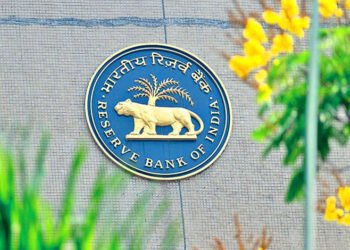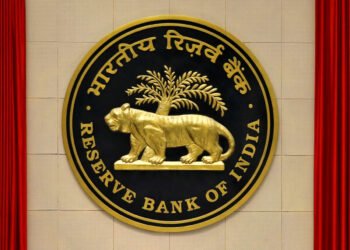Banks have always been the backbone of India’s economic growth and as the country pivots to sustainable growth, the banking sector will have to accelerate green lending, said SBI Chairman Dinesh Khara on Thursday.
He added that there is a growing need to sensitise India’s financial sector to the importance and benefits of green finance.
“A formal definition of green finance in India would enable more precise tracking of finance flows to the green sectors, which in turn would help design effective policy regulations and institutional mechanisms directed towards increasing both public and private investment in green sectors,” Khara said.
India’s green finance definition could be formed through a combination of adopting international practices, developing a set of principles for green economic activities and obtaining stakeholders’ views, he suggested.
Green Projects
Speaking at the ESG India Leadership Award, Khara said, “Unless banks are able to provide adequate credit to green projects and measure risk in their portfolio, the bank’s depositors and shareholders will continue to carry ESG (environmental, social and governance) risk that can erode returns.”
To support acceleration and green financing, he said, a number of structural changes will be needed in the traditional lending approach, including evaluation and certification of the green credentials of each project and understanding of the corporate road map to achieve net zero.
Talking about the ESG initiative of SBI, he said the bank aims to become carbon neutral by the year 2030 and to achieve the objective a number of measures taken to reduce its carbon impact.
It is not limited to the installation of solar power plants but tree plantation, organic farming and banning the use of single-use plastic on campus are some other measures, he added.
Energy Sector
With regard to operations, he said the bank is also in the process of identifying climate risks that have the potential to generate a substantive change in the business.
“The bank acknowledges the increasing risk of climate change embedded in its credit portfolio and has initiated the process for devising a framework for climate risk management in this regard,” he said.
Policies have been put in place to increase the bank’s exposure to climate change and the bank has been extending credit facilities to borrowers in the renewable energy sector at easier terms, he added.
He also said that for loans exceeding Rs 50 crore, borrowers are assigned scores on the basis of their performance on various ESG parameters.
Green Loans Bonds
Over the years, he said, SBI has devised products and services to incentivise and ease the transition to environment-friendly technologies.
Green bonds and green loans bonds worth USD 800 billions have been issued since 2018-19 while a green loan worth 50 million euro was raised in 2021.
The proceeds were utilised in accordance with the bank’s green bond framework to bring about positive environmental impact impetus for renewable energy, he added.
ESGRisk dot ai, an ESG rating agency of Acuite Group, announced 21 winners from top-500 listed companies across 55 industries
(Economy India)













